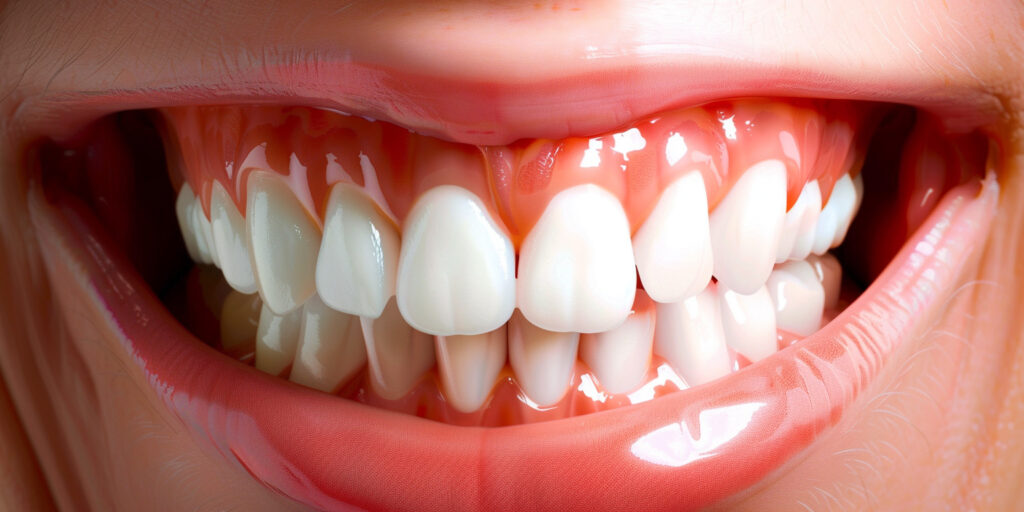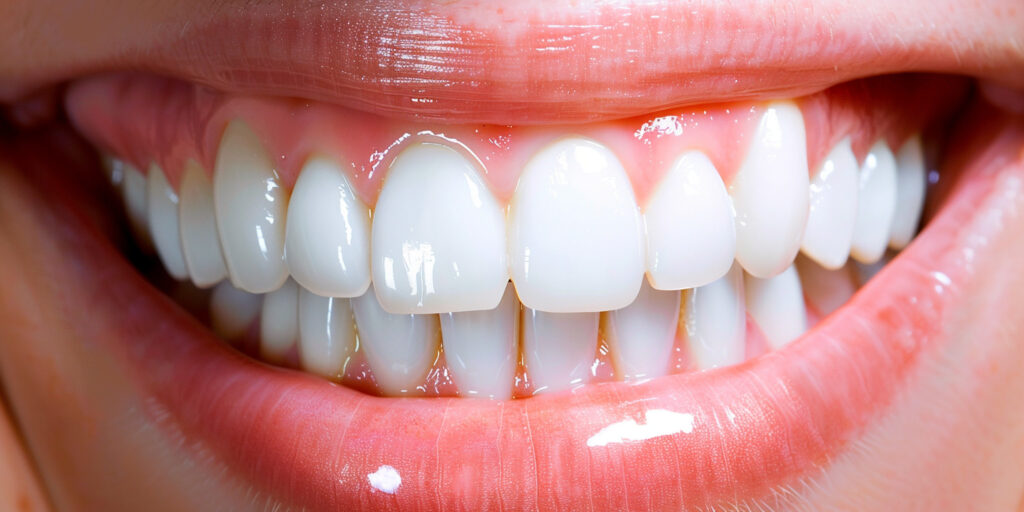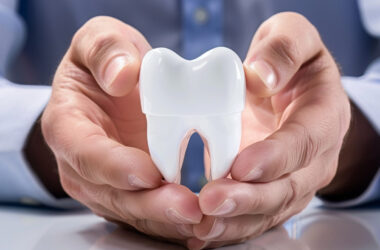“Twice as nice” may be the apt way to describe your situation if you happen to have two dental insurance plans covering you. This is usually the case if you and your spouse are each working a job that is eligible for coverage and both of you have employer-sponsored coverage. Or you could just buy them if you are so inclined.
Navigating through the complex world of dental insurance benefits is made even more difficult when you have coverage from two dental insurances. For one, there is the question of which of the two you should designate as the primary and secondary policy, and then there is the sometimes complex matter of coordinating benefits between both policies.

Thus, dual dental insurance coverage has its pros and cons. For example, there are financial benefits that accrue, but then there are also administrative constraints to overcome. You will be able to maximize the benefits from both policies only if you have a clear understanding of how they cover you and have a plan for minimizing areas of policy coverage overlaps in both.
In this article, we will be examining the pros and cons of having two dental insurance plans and provide you with all the information you need to decide if a dual dental insurance coverage is the right choice for your dental care needs.
Also read: How to Get Dental Implants Covered by Medical Insurance
What is Dual Dental Insurance Coverage?
You have dual dental insurance coverage when you are subscribed to two different dental insurance plans. This type of coverage occurs if you are working two jobs that each offer dental insurance benefits or you are a dependent beneficiary under your spouse’s dental insurance in addition to yours. Dual dental insurance coverage is also known as supplemental dental coverage and is perfectly legal.

Usually, one of the two dental insurance plans is designated as the “primary” plan, while the other is the “secondary” plan. Your primary dental insurance is the one that your employer provides, and it kicks in first when you have a claim. Usually, you will be registered as the main beneficiary under it.
On the other hand, your secondary dental insurance comes into play only after your primary dental insurance has processed the initial claim. Depending on the details of your secondary dental insurance benefits, it may cover a portion or the whole of the claim remaining after you’ve maxed out on the primary dental insurance.
Also, you may be able to claim additional care benefits that are not covered by your primary dental insurance in your secondary dental insurance. Usually, you will be registered as a dependant under your secondary dental insurance.
Coordination of Benefits Under a Dual Dental Insurance
When discussing the pros and cons of having two dental insurance policies, it is important to understand the term “coordination of benefits.”
“Coordination of Benefits” is the process of allocating a portion of the cost of paying out on your legitimate claim to either the primary or secondary dental insurance policy. Altogether, benefits from both sources must not exceed 100% of the total claim.

The primary dental insurance policy pays out on the claim first to the full extent of the benefits you are due on the policy. The secondary dental insurance policy will then pay out on what is left of the claim. Usually, your provider of the secondary dental insurance policy will request a document detailing the primary insurer’s payment before activating the secondary insurance.
Pros of Having Two Dental Insurance Plans
There are several benefits you get to enjoy from having coverage from two dental insurance policies:
- Increased Coverage and Cost Savings
The first benefit is the increased coverage you have access to. In between both policies, you will be able to access niche procedures like orthodontics, implants, and major surgeries. Also, dual coverage makes dental care cheap for you, and you end up spending less out-of-pocket.
- Access to and Flexibility in Choosing From a Wide Range of Dentists
Through a dual dental insurance plan, you will have access to a larger network of dental healthcare professionals. Since most dental insurance policies limit you to a specific network from which to access care, having twice the insurance policies means that you have access to twice the network. Thus, you can choose your preferred dentist from either. This flexibility is usually applicable when you might need to see a Specialist.
- Coverage for Extra Treatments
Suppose your dental care plan involves you accessing additional treatments within the plan year. Dual dental insurance allows you to access all the additional treatments necessary for your oral health without having to resort to paying out-of-pocket for the extra treatments. For instance, it might be recommended that you have dental cleanings performed twice a year, and your primary dental insurance policy might make provision for only one dental cleaning every year.
Your secondary dental insurance will just afford you the opportunity to have the second dental cleaning in the plan year, plus other specialized sub-procedures like fluoride treatments and the use of dental sealants.
Also read: Does Dental Insurance Cover Wisdom Teeth Removal?
Cons of Having Two Dental Insurances
Like the cutting edge of a dual-edged sword, having two dental insurances comes with its own cons:
- Negative Impact on Your Savings
Having dual dental insurance policies does not guarantee that the cost of your dental care or treatment will be 100% covered. There may still be specific types of dental care that you might be required to pony up money for despite your dual dental insurance.
This usually happens when both insurances have a greater portion of benefits that are similar. Thus, when you claim one type of benefit on the primary policy, for example, a tooth replacement, it invalidates your access to claiming the same type of benefit in the secondary policy in the same plan year.
- Associated Sunk Costs
Having dual health insurance plans means that you are liable to make two premium payments in any plan year plus the deductibles that come with both policies. These are higher sunk costs that you will have to pay out-of-pocket every year from your scarce financial resources.
- The Possibility of Redundancy
If both dental insurance policies overlap too much in terms of the network you can access and the benefits and effectively don’t increase the number of choices of dental care you can access, then you might end up getting disadvantaged in terms of treatment options and dental healthcare specialists that you have access to.
- Possible Complications in the Billing Process for Your Dental Care
As expected, there are a lot of rules you need to navigate through to enjoy the benefits you receive when subscribed to dual dental insurance policies. There are rules about what policy to bill, what treatment to use, and which specialist you can see in a specific network. Then, there are rules intended to prevent an overlap of benefits from both policies. All of these make accessing dental care, and the subsequent billing for the treatment tedious, at the least.
Also read: Does Blue Cross Medical Insurance Cover Dental Implants?
Conclusion
Having dual dental insurance policies is not a “fix-it-all” solution for your dental care needs. There is a maze of details you will need to navigate through to make it work for you. You can begin by carefully examining your personal circumstances, especially in the area of your finances.
Weigh the pros and cons of having two dental insurance policies and determine if the extra stress would make having it a worthy endeavor. In addition, be as discerning as possible when choosing which dental insurance policies you subscribe to to avoid an overlap of benefits between the two.
If eventually you decide to go for two dental insurances, be clear in your communication with both providers and have a good understanding of how the coordination of benefits between both plans would be done.
We strongly encourage you to schedule a consultation with your dentists to discuss your specific situation and explore all available options. They can guide you through the insurance process, recommend financing solutions, and create a personalized treatment plan to restore your oral health and confidence.








